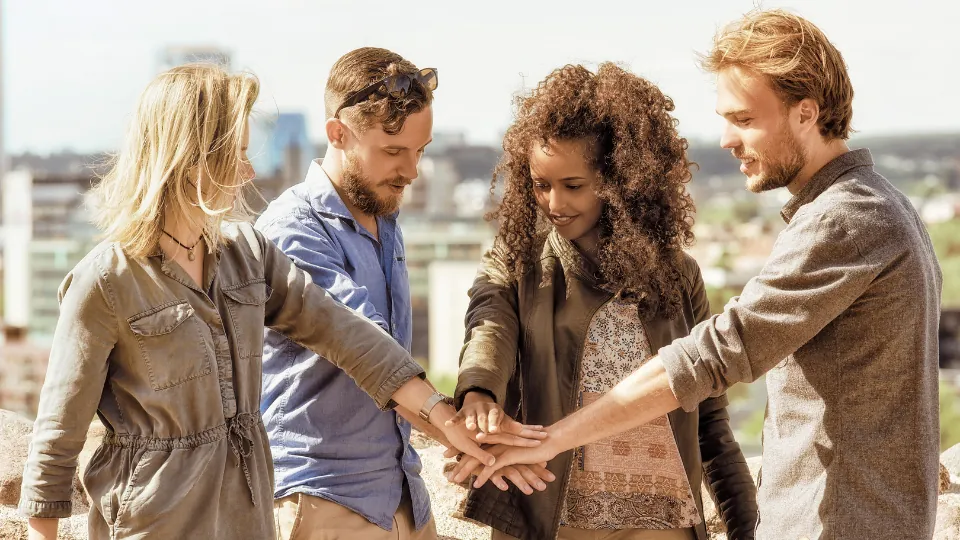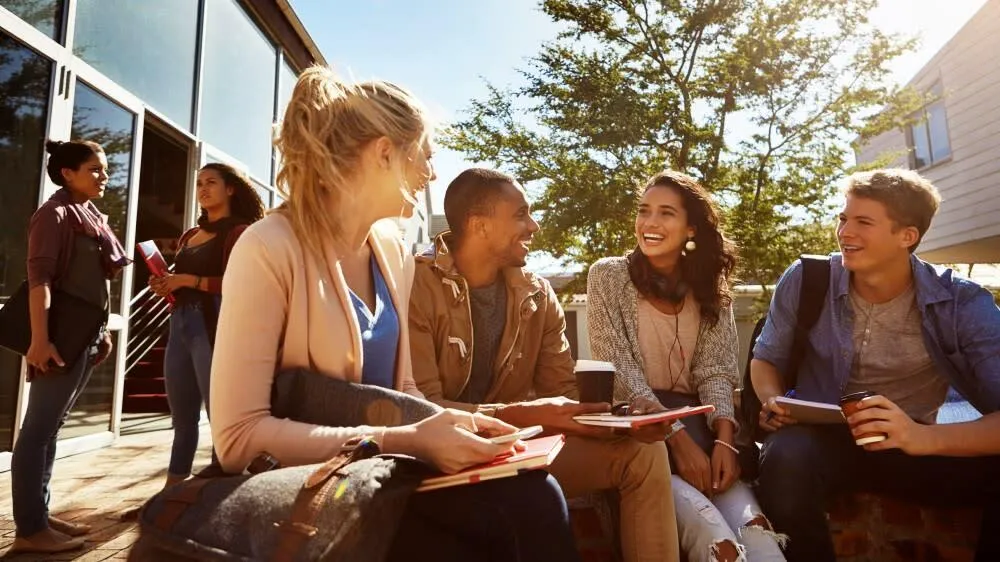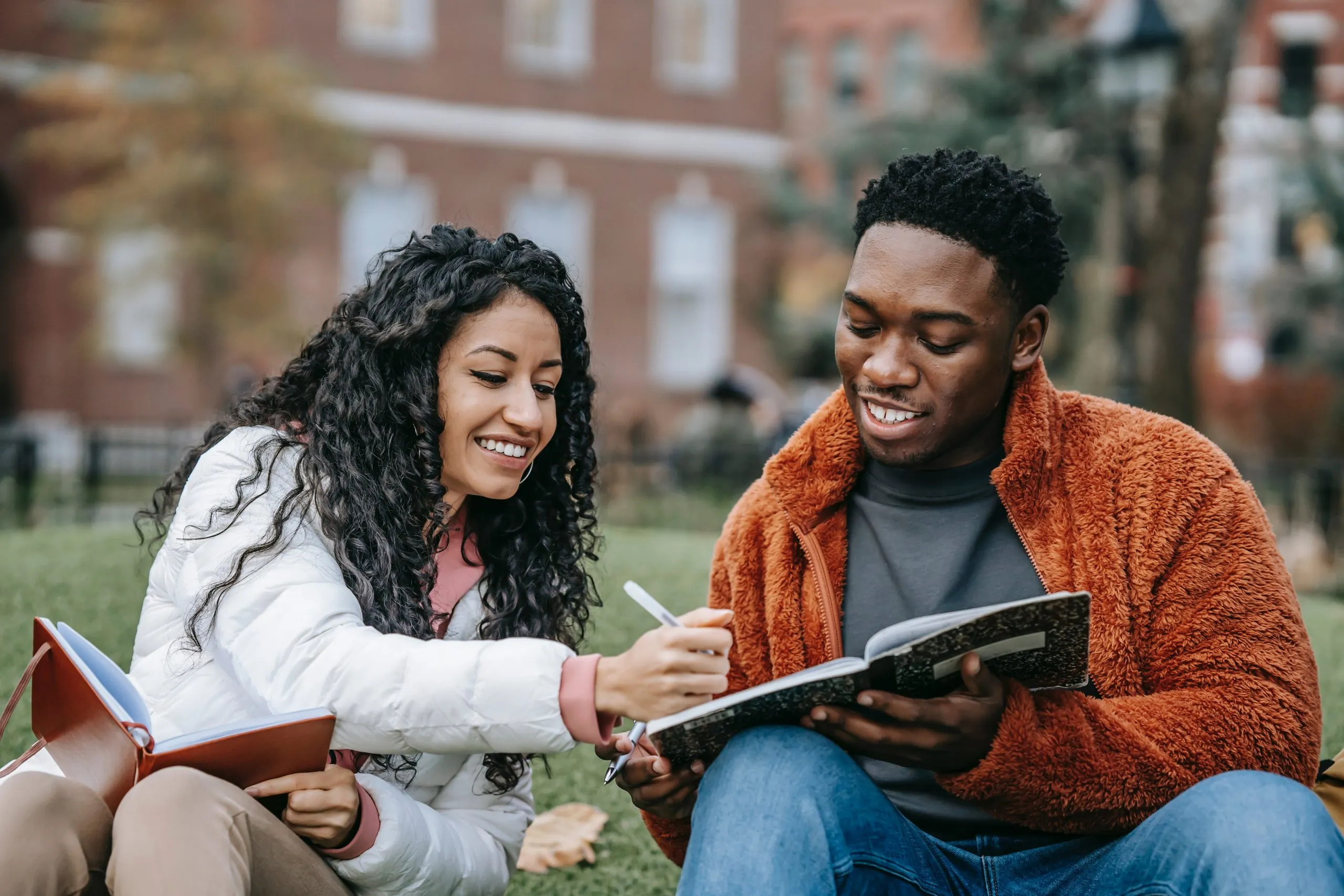Introduction
The importance of friendships in Nigerian society goes far beyond casual greetings or social gatherings it is deeply woven into the very fabric of the country’s culture, traditions, and everyday life. In a society as diverse, vibrant, and often challenging as Nigeria, friendships are more than just emotional bonds; they are support systems, survival strategies, business networks, and trusted companions through life’s many stages. Nigeria is a country built on communal living, where relationships are cherished, and individual identity is often shaped by social connections. From bustling cities like Lagos and Abuja to quiet rural communities in Ekiti or Kano, friendships are valued as vital pillars of social and emotional well-being. Unlike in some Western cultures where independence and personal space may be prioritized, in Nigeria, interdependence and strong interpersonal connections are often seen as signs of strength and stability. In this context, friendship is not optional it is essential.

Friendship in the Nigerian Cultural Context
Traditional View of Friendships
In traditional Nigerian societies, friendships were often formed within age groups, kinship systems, or during cultural ceremonies and festivals. Friends helped one another with farming, construction, cooking, weddings, and community events. Trust, honesty, and mutual respect were the foundation of these friendships. People saw each other as part of a larger community and were expected to look after one another like family.
Modern Urban Friendships
In cities like Lagos, Abuja, Port Harcourt, and Enugu, friendships have adapted to fast-paced urban life. People meet through school, work, neighborhood associations, social media, and religious groups. Though schedules may be busy, people still value true friendships and make efforts to stay connected through calls, texts, and social outings. Urban friendships often involve helping each other with rent, job referrals, or child care.
Influence of Religion and Values
Nigeria is a deeply religious country. Both Christianity and Islam, as well as traditional beliefs, promote values like love, kindness, generosity, and forgiveness. Many churches and mosques organize small friendship circles or support groups. These groups provide spiritual growth, advice, and emotional comfort. Faith-based friendships often go beyond religion and become strong social support systems.
The Role of Friendships in Different Stages of Life
Friendships in Childhood
Children in Nigeria learn the meaning of friendship early through play, school activities, and shared meals. They make friends in their compounds, at school, or in religious settings. These childhood bonds teach sharing, fairness, and kindness. Many adult Nigerians still remember and stay in touch with friends they made in primary school.

Teenage and Youth Friendships
During teenage years, friends become very important. They provide emotional support, especially during puberty and identity development. Friends also influence behavior, school performance, fashion choices, and hobbies. Teenagers often trust their friends more than their parents, so healthy friendships during this stage are key to guiding them in the right direction.
Friendships in Adulthood
Adult friendships are built through work, business, church, mosque, or local community events. Friends support each other through life’s big challenges—like marriage, parenting, illness, and financial hardship. Many women form cooperative savings groups with their friends, while men often rely on their friends for job or business referrals.

Elderly and Long-Term Friendships
Older Nigerians find great comfort in friendships that have lasted for decades. These long-term relationships are full of shared memories and life experiences. Elderly friends help one another deal with health issues, loneliness, and the absence of family members who may have moved away. These friendships become pillars of emotional strength.
Types of Friendships in Nigeria
Childhood Best Friends
These are friends who grow up in the same street, compound, or attend the same school. They play together, eat together, and often visit each other’s families. These friendships are usually strong because they are built over many years.
School and University Friends
Friendships made in secondary school or university are some of the strongest. These friends often face academic stress, financial struggles, and growth periods together. They may support each other through exams, projects, and personal issues, creating long-term bonds.

Work Colleagues as Friends
People spend most of their adult lives at work. Friendly co-workers share advice, help each other with tasks, and even assist financially. Over time, they may become like family members. These friendships are especially important in stressful or competitive work environments.
Friendship in the Nigerian Cultural Context
Traditional View of Friendships
In traditional Nigerian societies, friendships were often formed within age groups, kinship systems, or during cultural ceremonies and festivals. Friends helped one another with farming, construction, cooking, weddings, and community events. Trust, honesty, and mutual respect were the foundation of these friendships. People saw each other as part of a larger community and were expected to look after one another like family.
Modern Urban Friendships
In cities like Lagos, Abuja, Port Harcourt, and Enugu, friendships have adapted to fast-paced urban life. People meet through school, work, neighborhood associations, social media, and religious groups. Though schedules may be busy, people still value true friendships and make efforts to stay connected through calls, texts, and social outings. Urban friendships often involve helping each other with rent, job referrals, or child care.
Influence of Religion and Values
Nigeria is a deeply religious country. Both Christianity and Islam, as well as traditional beliefs, promote values like love, kindness, generosity, and forgiveness. Many churches and mosques organize small friendship circles or support groups. These groups provide spiritual growth, advice, and emotional comfort. Faith-based friendships often go beyond religion and become strong social support systems.
What Makes Friendships Important in Nigerian Society?
The importance of friendships in Nigerian society cannot be overstated. Friendships often act as extended family due to the strong culture of community. Nigerians rely on friends for:
- Emotional support during tough times
- Career advice and opportunities
- Assistance with major life events like weddings, funerals, or naming ceremonies
- Protection and safety (friends watch out for each other)
- Sharing joyful occasions
- Building social networks that open doors
Friendship shapes personal identity and community status, and it’s common for lifelong bonds to be formed at school, work, church, or neighborhood gatherings.
Key Features of Friendships in Nigerian Society
- Trust: Friends are expected to keep secrets and stay loyal.
- Shared Values: Most friendships form around similar beliefs, language, or interests.
- Community Support: During crises, friends gather resources and give both financial and emotional aid.
- Respect: Age and seniority matter. Younger friends often look up to older ones for advice.
- Celebration: Friends are part of every party or celebration.
- Communication: Frequent calls and visits are normal.
- Assistance: Friends help with job searches, business deals, and even matchmaking.

Pros and Cons of Friendships in Nigeria
| Pros | Cons |
|---|---|
| Emotional support and sense of belonging | Friendship obligations can be demanding |
| Help in crises and daily life | Gossip and betrayal can damage reputations |
| Access to new opportunities and information | Peer pressure to conform |
| Building lifelong social and business networks | Envy or unhealthy competition |
Case Studies: Stories of Friendship in Nigerian Society
1. Childhood Friendship That Saved a Family
Chinedu and Ibrahim met in primary school in Enugu. When Chinedu’s family faced eviction, Ibrahim’s family hosted them until things improved. Today, both families remain close, showing how one friendship can unite two households.
2. Supporting a Friend Through Loss
Sade lost her mother while at university. Her roommates contributed money for the funeral and stayed with her during the mourning period, giving her the strength to heal. This deepened their bond for life.
3. Women’s Cooperatives and Economic Empowerment
In Kano, a group of market women formed a cooperative to save money and offer loans to members. Through shared friendships, they all grew their businesses and sent their kids to school.
4. Friendship and Career Success
David got his first job in Lagos through a church friend. Years later, he mentored others in his community, keeping the cycle of support alive.
5. Sticking Together in Tough Times

During the EndSARS protests, friends in Abuja looked out for each other, shared safe locations, and built a support network for those injured or detained, proving the importance of friendship in crisis.
6. Cross-Tribal Friendships
A Yoruba man and an Igbo woman, both working in a bank in Port Harcourt, built a strong friendship that helped bridge cultural divides within the workplace, improving team collaboration.
7. Academic Partnerships
At the University of Ibadan, friends formed study groups, helped each other prepare for exams, and shared notes, which led to higher graduation rates in their department.
8. New Immigrant Support System
When Fatima moved to Lagos from Benue, she struggled with city life until a friendly neighbor introduced her to their circle. This friendship helped her settle, get a job, and feel at home.
Tips for Building Strong Friendships in Nigeria
- Be open and approachable
- Keep in touch regularly through calls, texts, and visits
- Respect cultural and personal differences
- Offer help when needed, even before being asked
- Celebrate milestones and be present during tough times
- Avoid gossip or sharing private information
- Build trust through honesty and loyalty
FAQ – The Importance of Friendships in Nigerian Society

- Why are friendships so important in Nigeria?
Friendships support all aspects of life—from emotional help to finding jobs and celebrating milestones. - How do friendships differ across Nigerian regions?
Customs may vary, but core values like trust and loyalty are nationwide. - What role do friendships play in business?
Many business deals and jobs are secured through friends and “connections.” - Are friendships cross-generational?
Yes; elders mentor youth, and advice flows both ways. - Can friendships cross ethnic or religious lines?
Absolutely; shared interests or workplaces often connect people from diverse backgrounds. - How do friends help during crises?
Friends contribute resources, offer shelter, or act as emotional pillars. - How do you make new friends in Nigeria?
Through school, work, places of worship, or community events. - What’s the biggest challenge in Nigerian friendships?
Handling jealousy or envy, and managing expectations. - How do friendships impact mental health?
Supportive friends help reduce stress and promote well-being. - Are social media friendships as strong?
Online friends can be supportive, but face-to-face ones often remain deeper.
Conclusion: The Lasting Importance of Friendships in Nigerian Society
In summary, the importance of friendships in Nigerian society extends far beyond casual companionship. Nigerian friendships act as the foundation of social welfare, emotional support, and economic empowerment. They foster a sense of belonging that weaves individuals into the larger fabric of family, tribe, and nation. Across every region, age group, and community, friendships help people endure hardships, celebrate joys, and seize new opportunities.